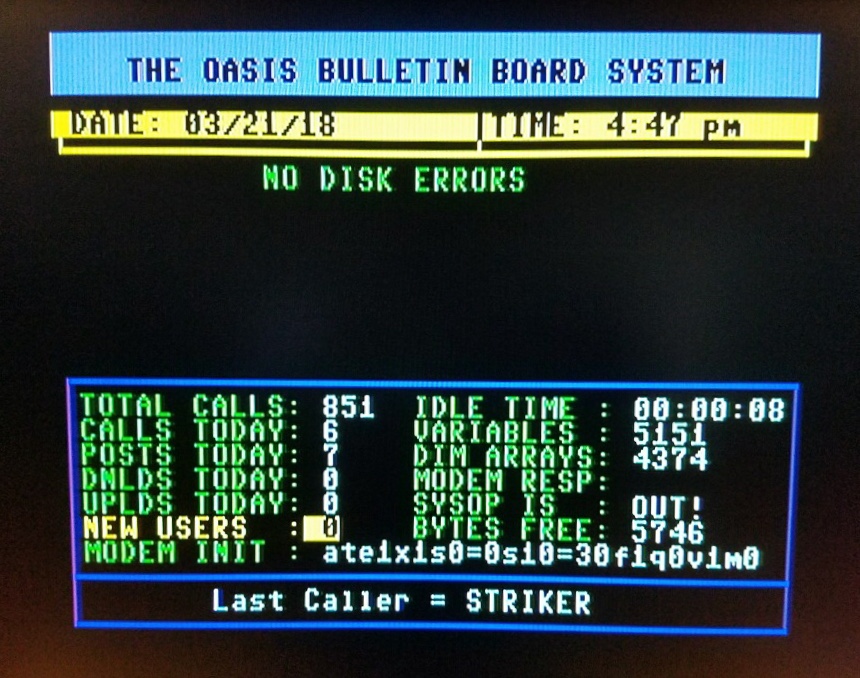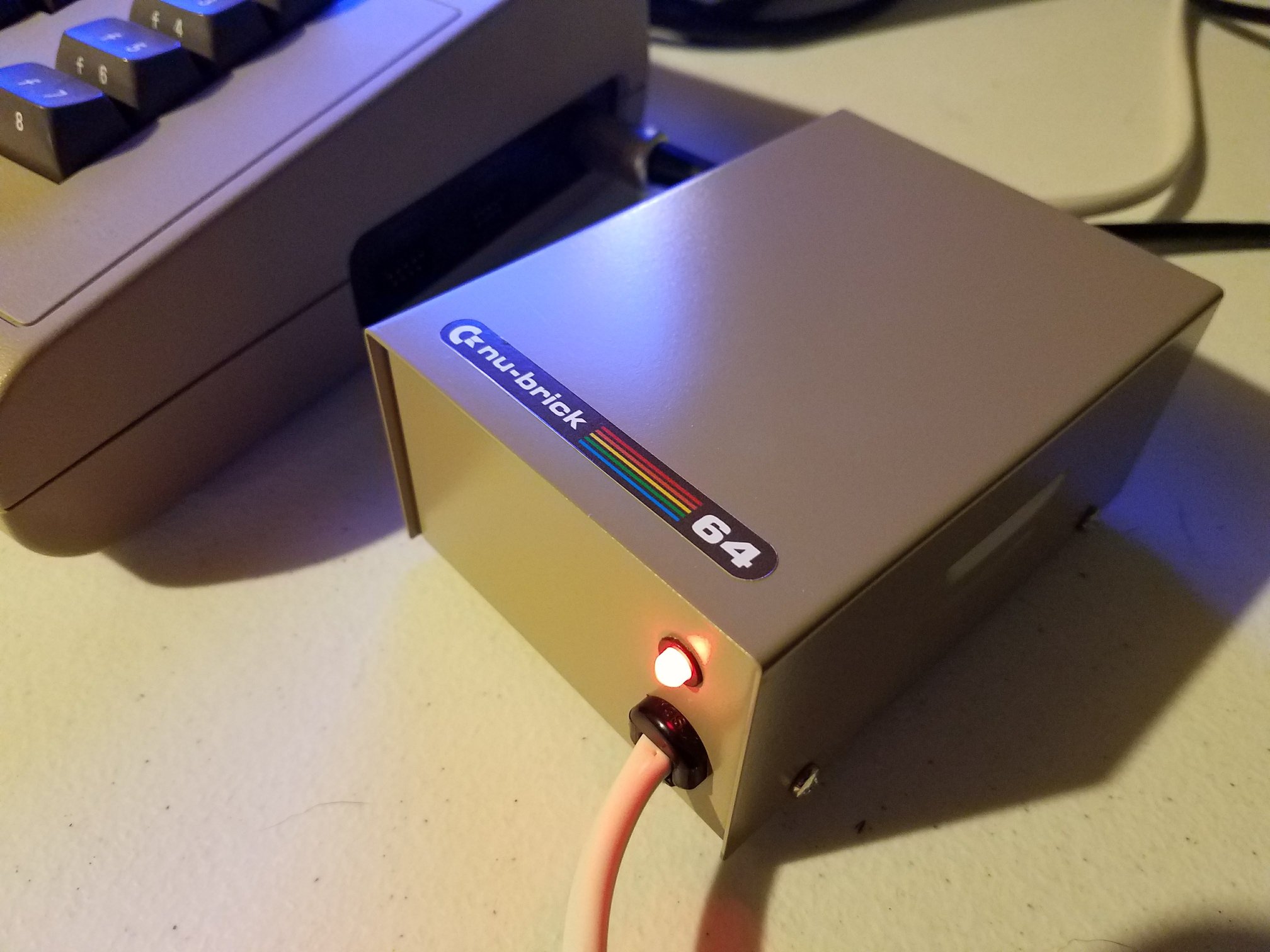Return of a Classic Coding Series
In Part 40 of his long-running Commodore 64 programming series, The Highlander71 makes a triumphant return. After a multi-year break, he dives back into the Supernatural C64 Game Code using Georg Rottensteiner’s Guns ‘n’ Ghosts engine. This episode focuses on adding enemy spawn point logic—a core mechanic for game progression.
All development takes place in C64 Studio, a powerful IDE tailored for 6502 assembly. This episode blends educational depth with light humor, offering clear guidance for anyone eager to write real-time enemy logic on the C64.
Building the Spawn System
Spawn points aren’t just visual elements—they control how enemies enter the game. Highlander71 walks through each element of the spawn system:
- X and Y screen positions
- Enemy type (zombie, spider, etc.)
- Maximum enemy count
- Delay between spawns
As he assembles the level, each point is initialized, stored in memory, and activated under specific gameplay conditions. The system uses frame-based timing to limit when and how often enemies appear, maintaining performance and challenge.
Live Demonstration in Action
To prove the code works, Highlander71 runs a live test. As zombies rise from the ground, players must defeat all enemies tied to a spawn point to deactivate it. Once all spawn points are inactive, the level ends. Later in the demo, a lone spider appears, showing how easily the system supports different enemy types without rewriting code.
Debugging and Developer Insights
The video also reveals a subtle but important bug—spawn point arrays exceeding the hardcoded initialization loop. It’s a reminder that working in 6502 assembly requires constant attention to memory limits and control logic.
Why This Video Matters
This episode is more than a tutorial—it’s a learning opportunity. With free access to the project code on GitHub and connections to Rottensteiner’s original guide, viewers can code along or adapt the logic into their own C64 projects.







